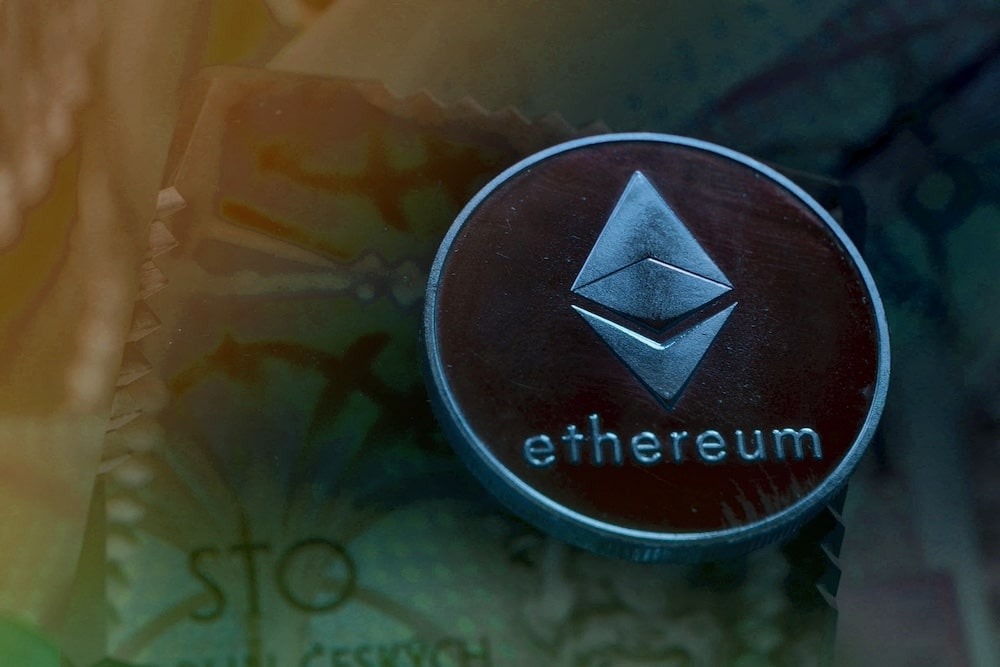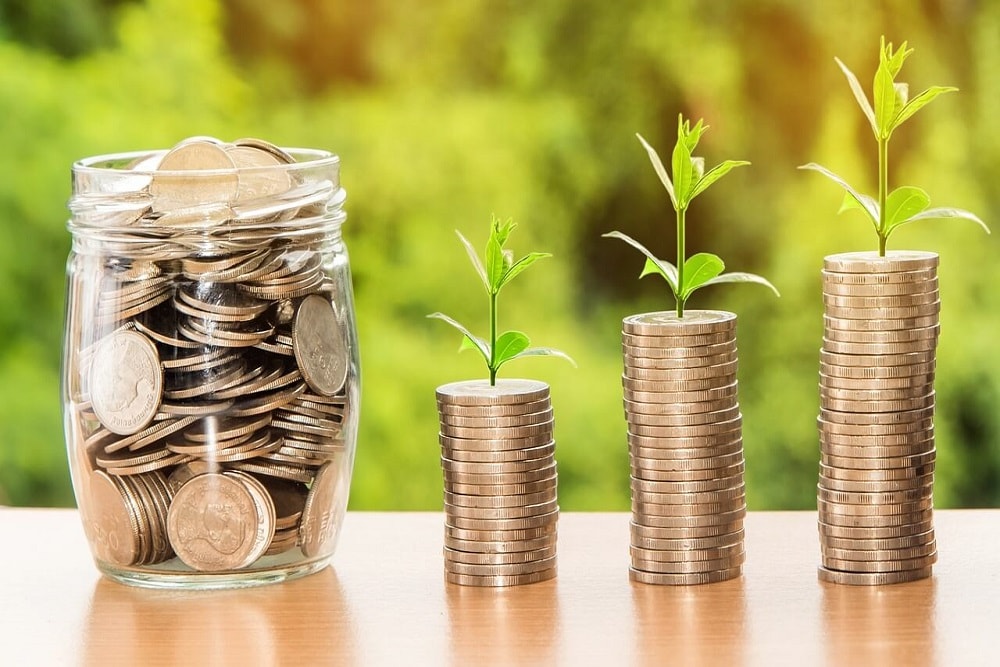Invented during the fallout of the Great Recession of the late aughts, Bitcoin has burst out of its obscure computer science origins. Predictions of its demise have, to date, not been vindicated. While most Americans say they have heard of cryptocurrency, less than a fifth say they have ever bought, traded or used cryptocurrency, however that number will continue to rise as the digital currency becomes more commonplace.
The value of Bitcoin is also expected to increase by 93% in 2023 compared to this year, with increases also expected in 2024 and 2025. If Bitcoin follows these upward trends it will help drive public interest and usage. That means the trend still has space to expand, and with hedge funders and Silicon Valley colossi now involved, it’s no longer so easy to ignore the phenomenon — true skeptics are rare these days. But what are the key points to understand about it, without the technobabble?
1. Digital Coins?
Yes, there are no physical coins involved. “Coin” here is just a reference to a token that represents a store of value. Just like any coin, though, you’ll need a wallet to put it in. There are three basic types — a “hardware wallet” such as a USB thumb drive, an offline software wallet on either a computer or smartphone, or an online software wallet through a cloud service, somewhat like an iCloud for money. Business Insider published a handy guide to what they consider the best for different purposes. Bitcoin — basically pieces of data encoded by complex math — can be transferred between wallets to perform a transaction, and a record of that transaction is added to a ledger shared across.
2. It’s Money, Jim, But Not As We Know It
Unlike state-backed currencies, there’s no promises of repayable government debt to prop up or stabilize the value of Bitcoin like dollars or euros, nor a centrally-controlled vault of gold. So what gives it value? This isn’t entirely agreed upon, but there are at least a few things we can point to. There’s the quantity of Bitcoin in circulation, which is reduced every few years thanks to halving what miners receive as a reward for solving the necessary equations.
Combine that with the ever-increasing difficulty of producing Bitcoin, which requires ever more elaborate computation. More mercurial is their market desirability, which depends on the sentiment of investors and media, leading to speculation and price bubbles.
3. Currency vs. Asset
This last fact has led many regulators to treat Bitcoin as an asset, due to the way it’s been used for hedging and investments. Although dollars are also traded on the open market and subject to some speculation, they’re subject to far greater state intervention. As a private currency, Bitcoin has always been comparatively unstable, and there’s no reason to think that will change.
4. You Can Use Bitcoin For Purchases
Despite its frequent use as an asset, ways and places to use Bitcoin as an everyday currency for goods and services have slowly proliferated. While still not quite as ubiquitous as national currencies, popular perception hasn’t really caught up to reality. One up-to-date guide to buying Bitcoin points out that there are more online and physical vendors accepting it, many of which are very mainstream. For example, vendors now number among them telecoms giant AT&T, the streaming service Twitch, KFC Canada, AMC, and even Gucci. There are even countries now making it an official currency, with El Salvador now joined by the Central African Republic.
5. It’s Easy and Inexpensive to Give It a Try
At its peak, one bitcoin was within striking distance of $70,000 in value. While the price is only around half that today, surely that’s still an eye-watering sum for anyone wanting to experiment. The good news is that for anyone curious enough to want to get involved, it’s not necessary to buy a whole Bitcoin. Anyone with a PayPal account can buy as little as a few dollars’ worth in a few taps, for example, after agreeing to the fees. There are even Bitcoin debit cards now.
While the above are some key points to getting a quick handle on Bitcoin, obviously it’s a complex and much-discussed phenomenon. For anyone looking to explore Bitcoin a bit further, feel free to check out our What Is Bitcoin Guide to FAQs and more detail on the crypto’s history.
Tags
Bitcoin (BTC)- Crypto Price Update July 24: BTC Maintains $66K, ETH at $3.4K, XRP, TON, and ADA Rallies
- Bitcoin Falls to $65K as Mt. Gox Transfers $2.8 Billion BTC to External Wallet
- News of Marathon Digital’s $138 Million Fine for Breach of Non-Disclosure Agreement Triggers a Bearish 2.5% of Its MARA Stock
- Are $530M Bitcoin ETF Inflows a Blessing or Caution?
- Metaplanet Teams with Hoseki for Real-Time Bitcoin Holdings Verification
- Building Secure Blockchain Systems: An Exclusive Interview with ARPA and Bella Protocol CEO Felix Xu
- Building The “De-Facto Crypto Trading Terminal”: An Exclusive Interview with Aurox CEO Giorgi Khazaradze
- Building a New Global Financial System: An Exclusive Interview With Tyler Wallace, Analytics Head at TrustToken
- “Solana is the Promised Land for Blockchain” — An Exclusive Interview with Solend Founder Rooter
- El Salvador: Where The Bitcoin Revolution Begins With A Legal Tender

 Why Trust Us
Why Trust Us







